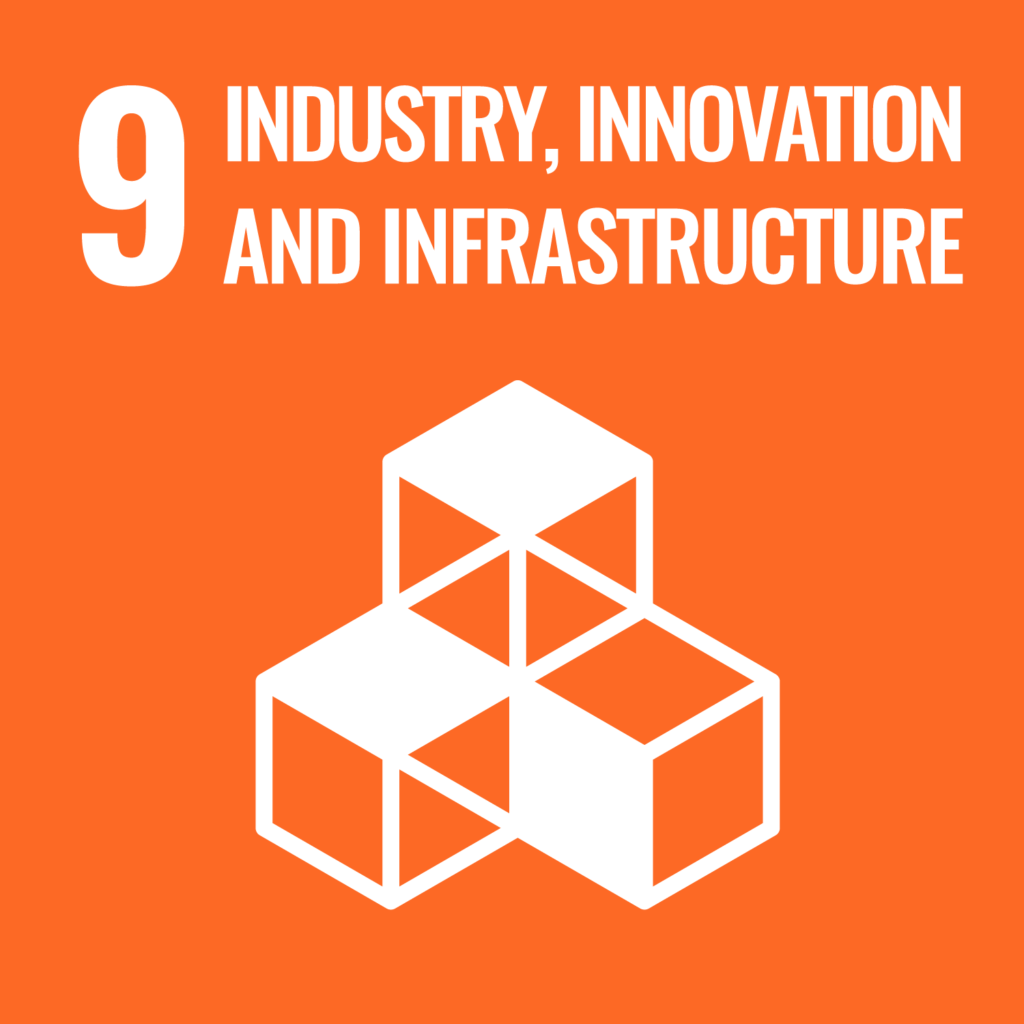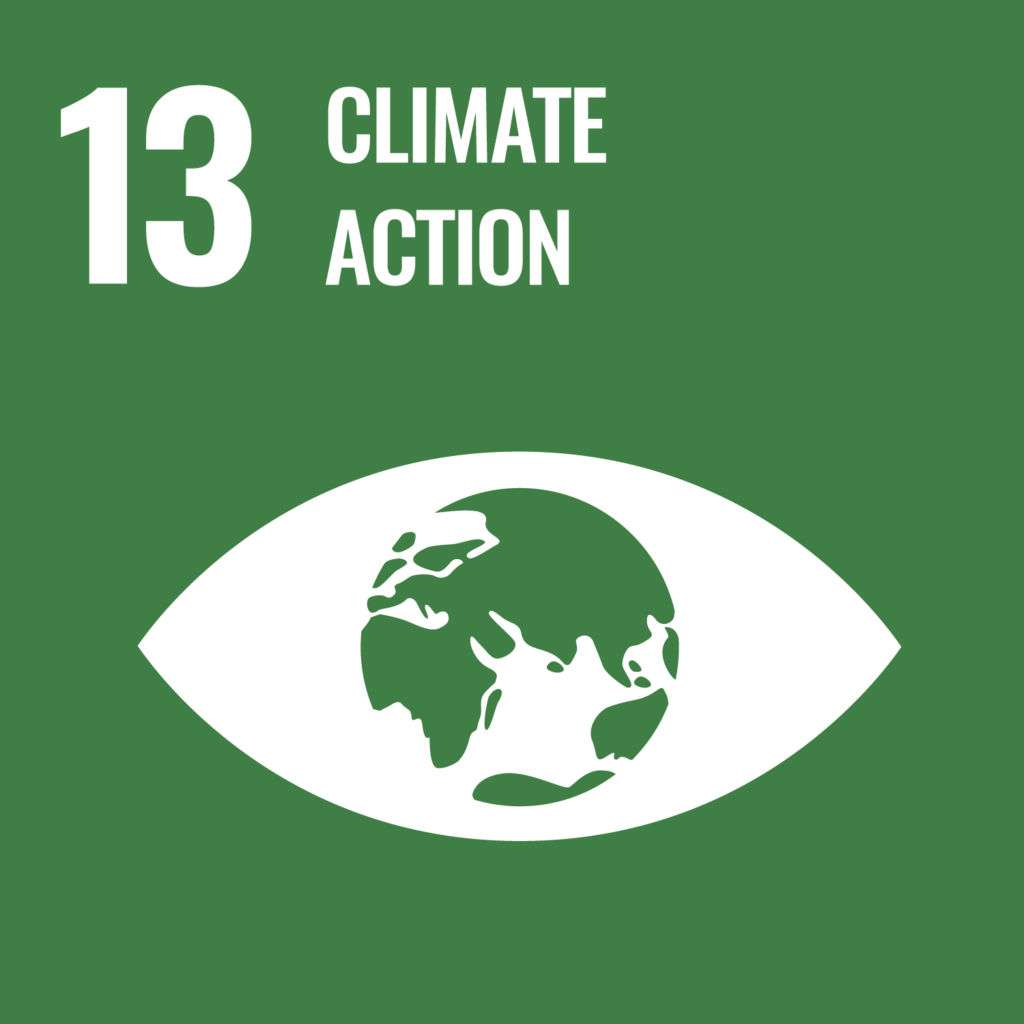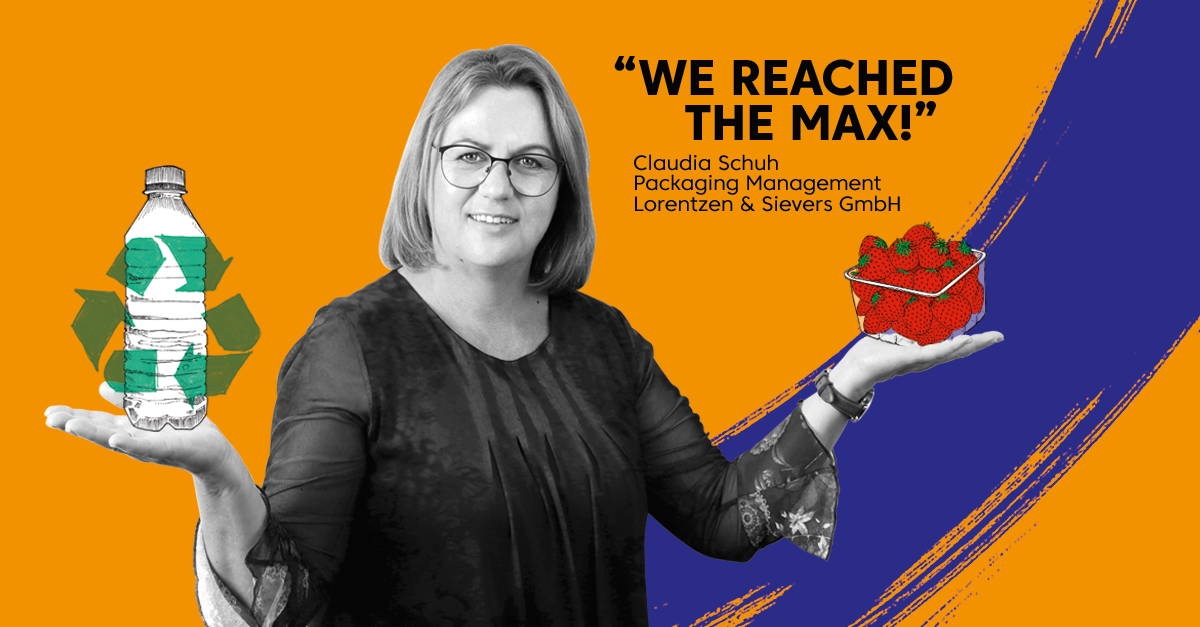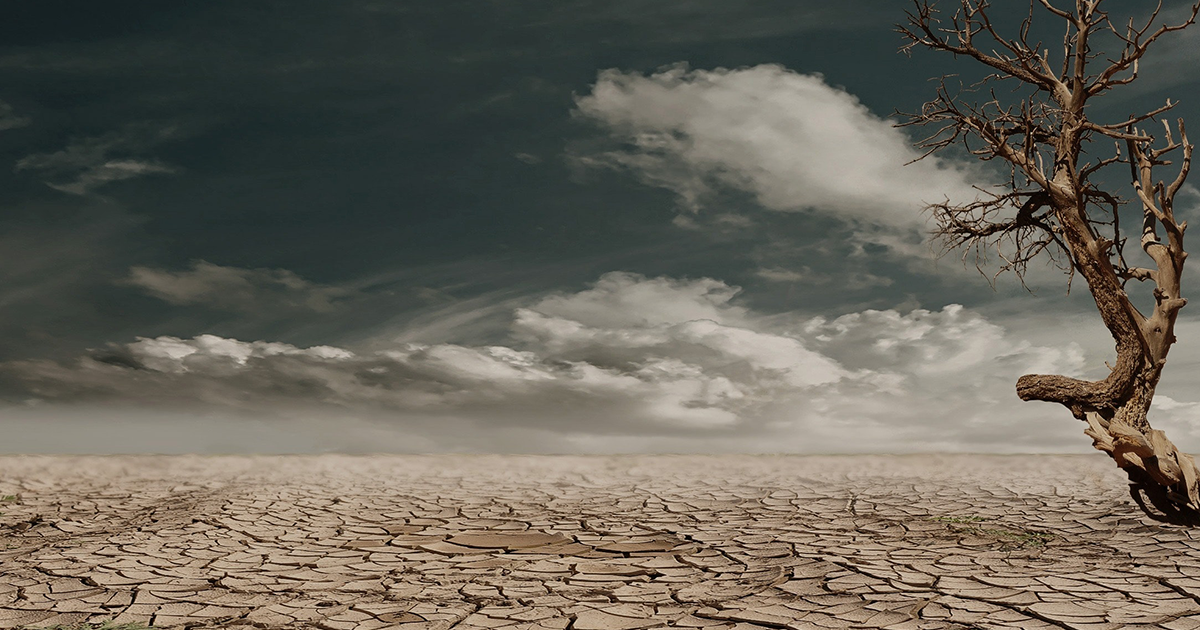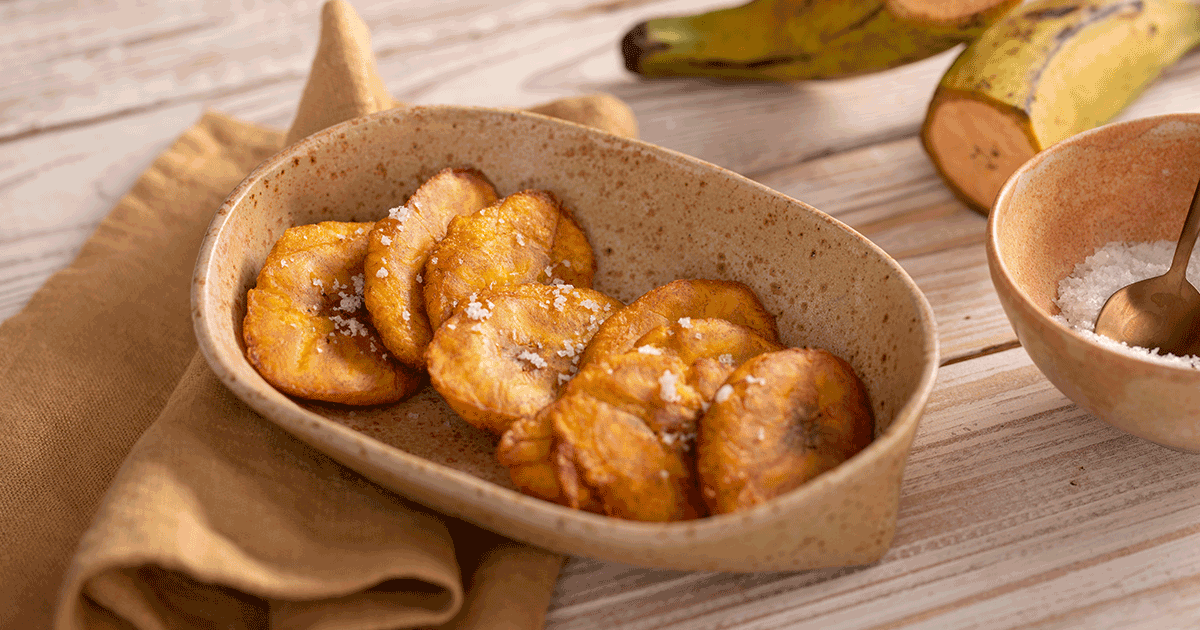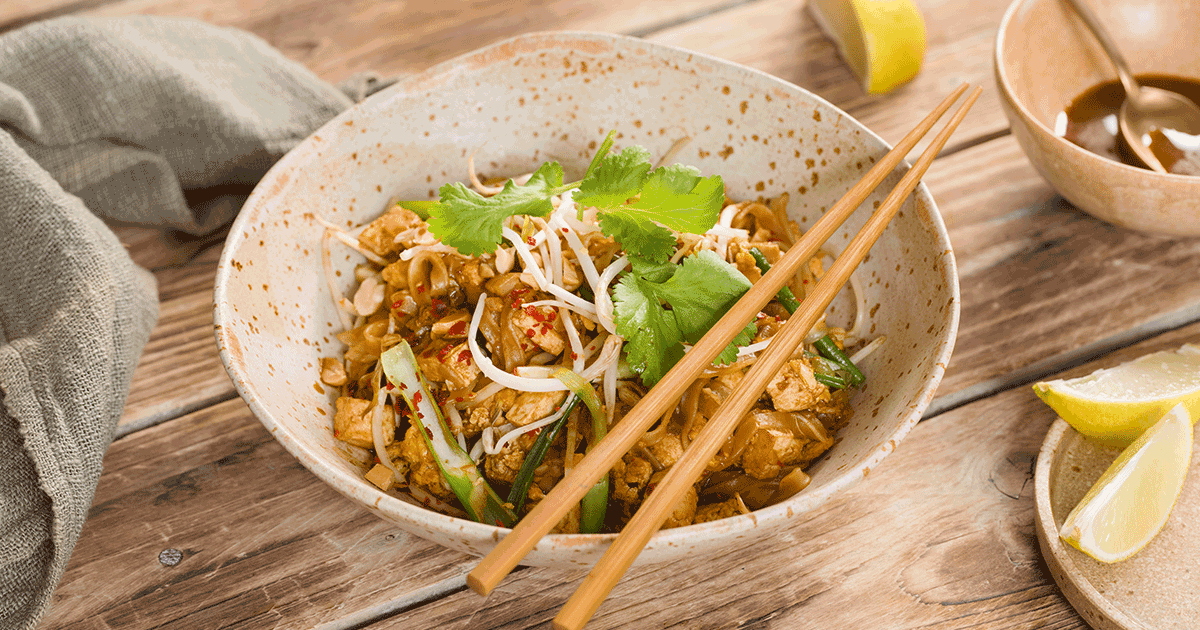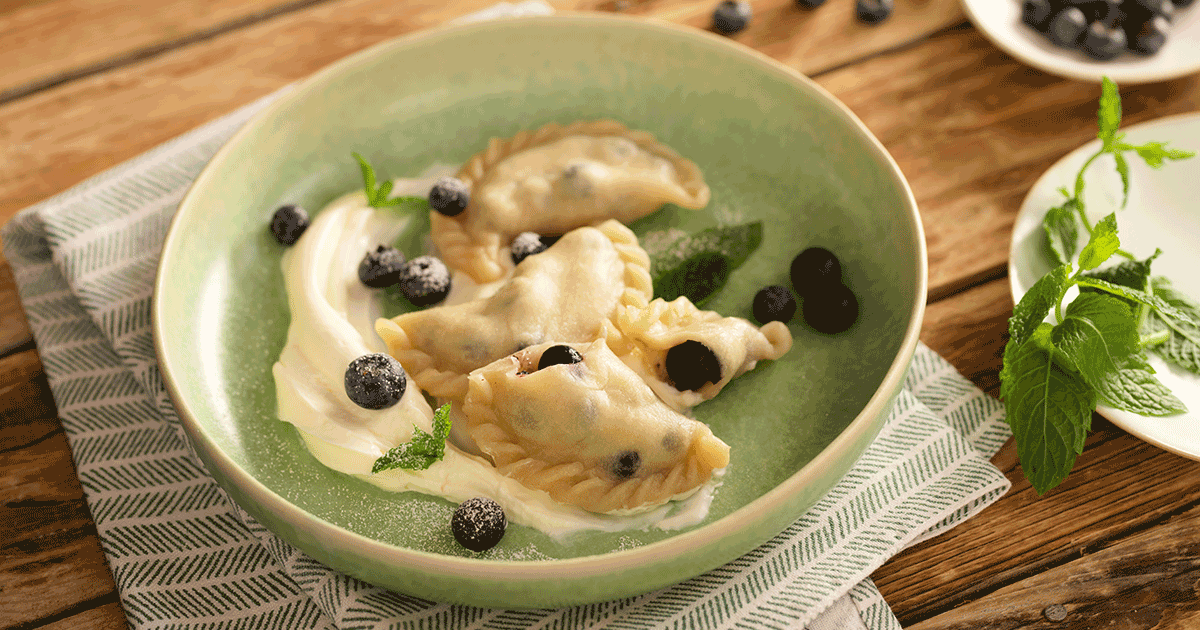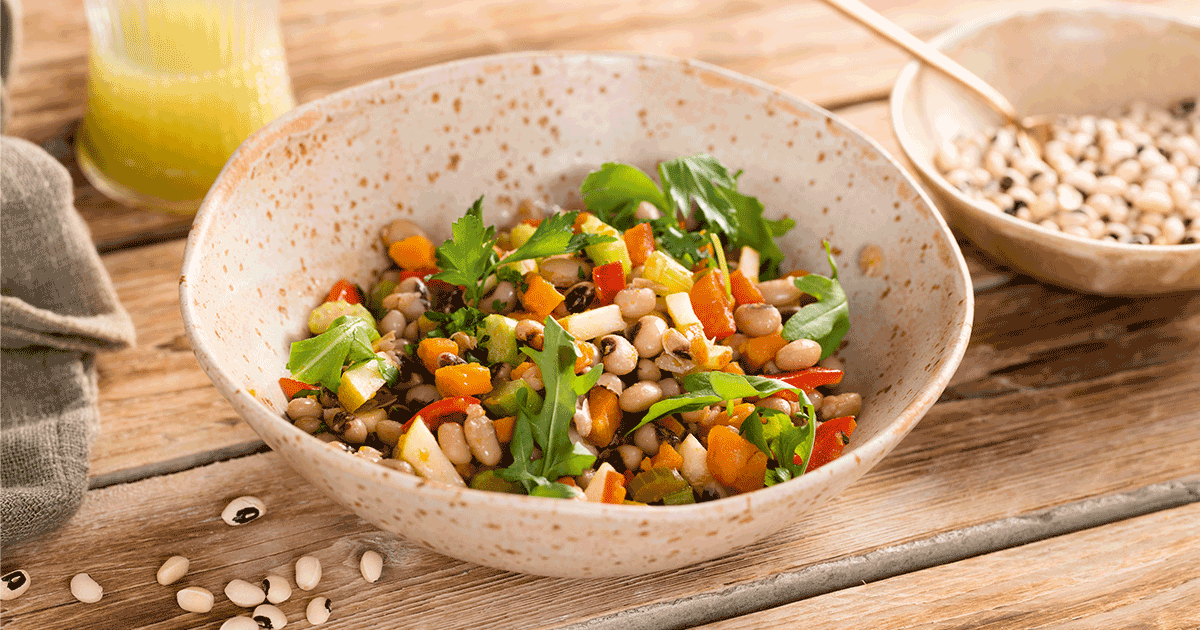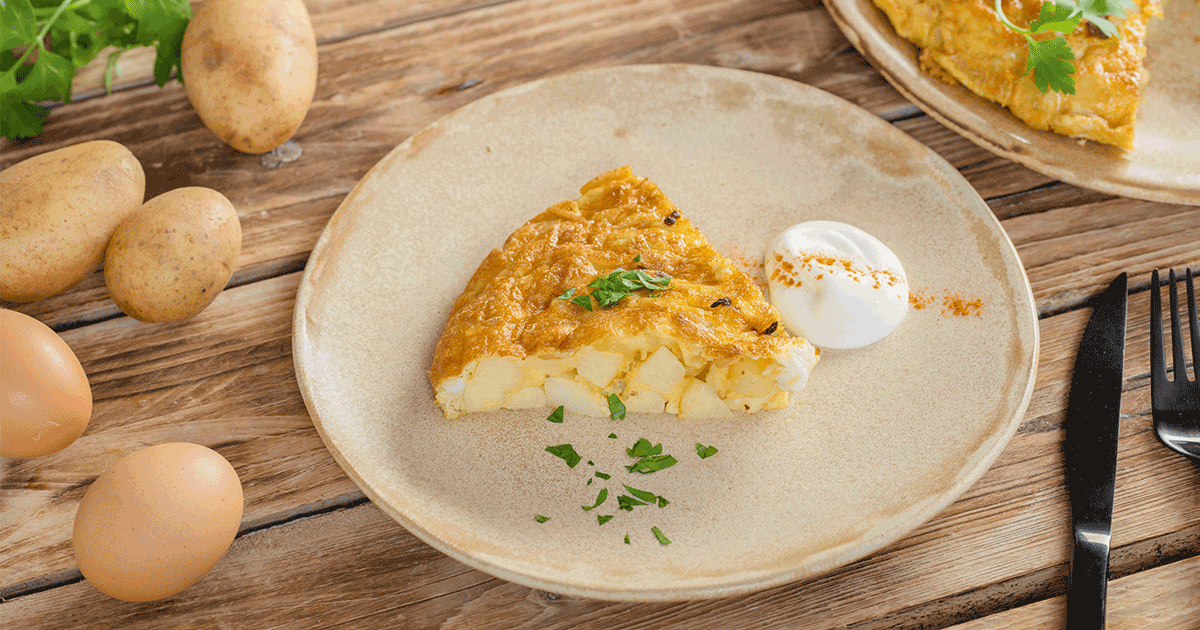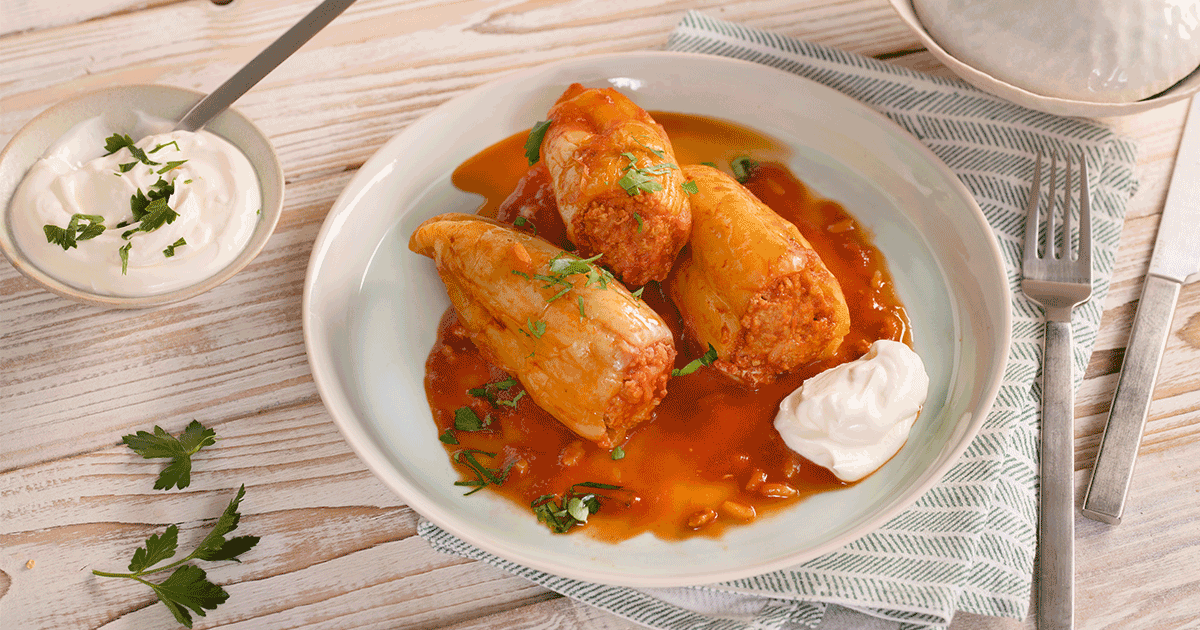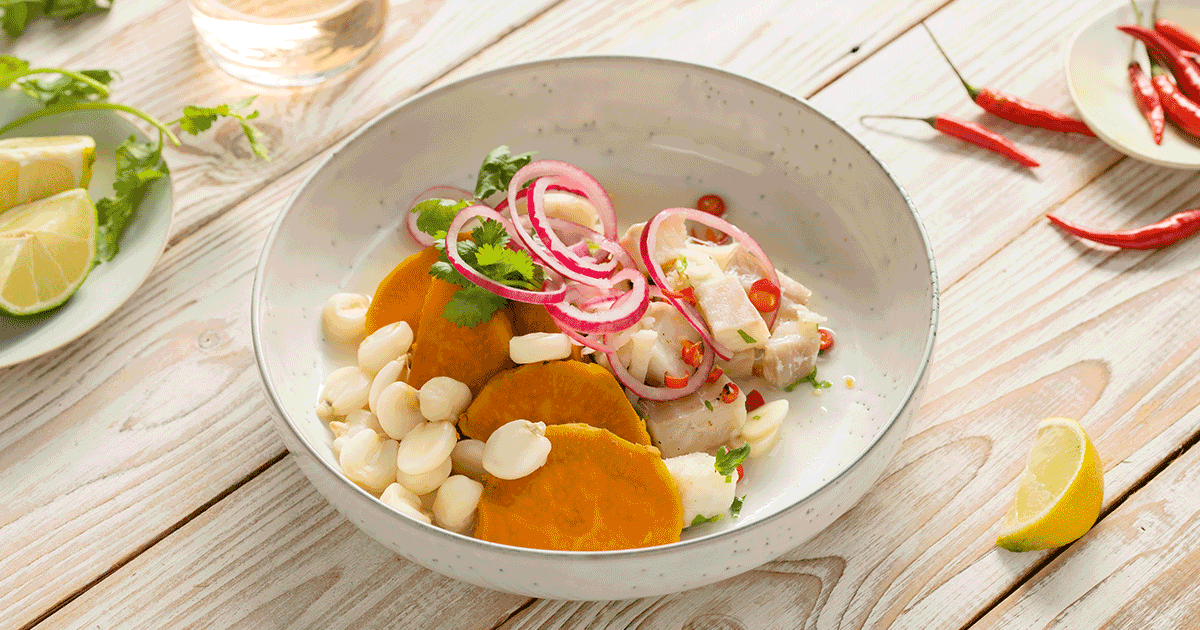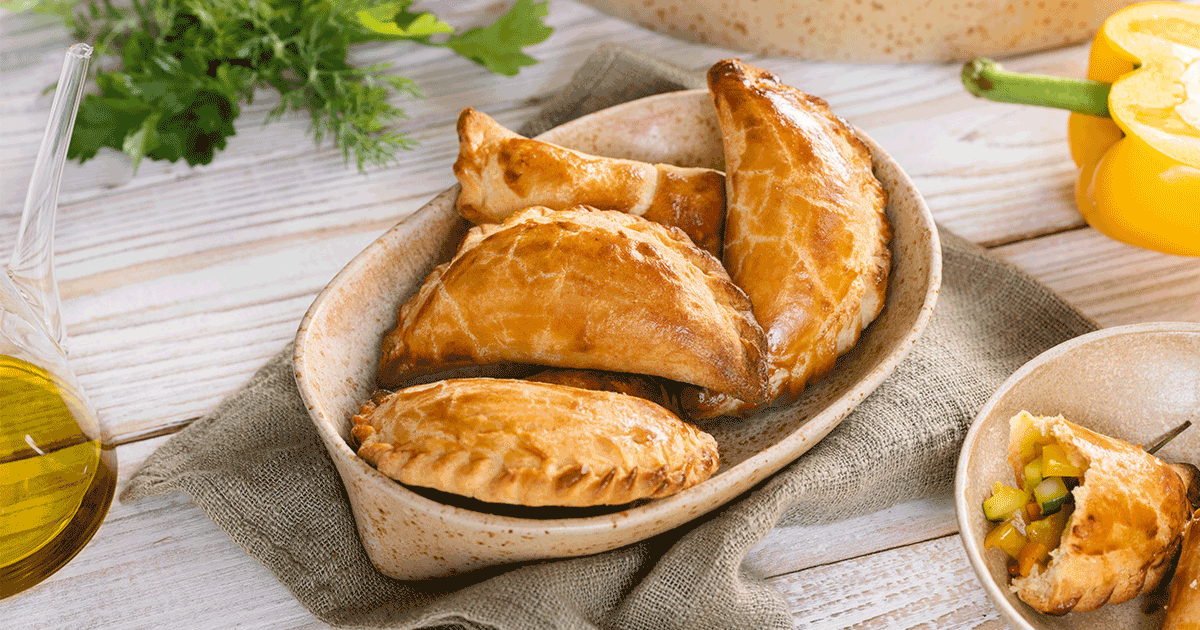There is also a direct connection between global warming and plastic because huge amounts of climate-harmful CO2 are released into the atmosphere from the time the synthetic material is produced using the fossil fuel crude oil to its final disposal. We have only one way to stop this development: significantly reduce the production of unnecessary new plastic.
This is the point where Lorentzen & Sievers comes in, a packaging specialist and our partner for new and innovative solutions. As the German sales organisation of the Italian manufacturer INFIA, they are the first company to offer a packaging which is made from 100%* recycled PET suitable for food.
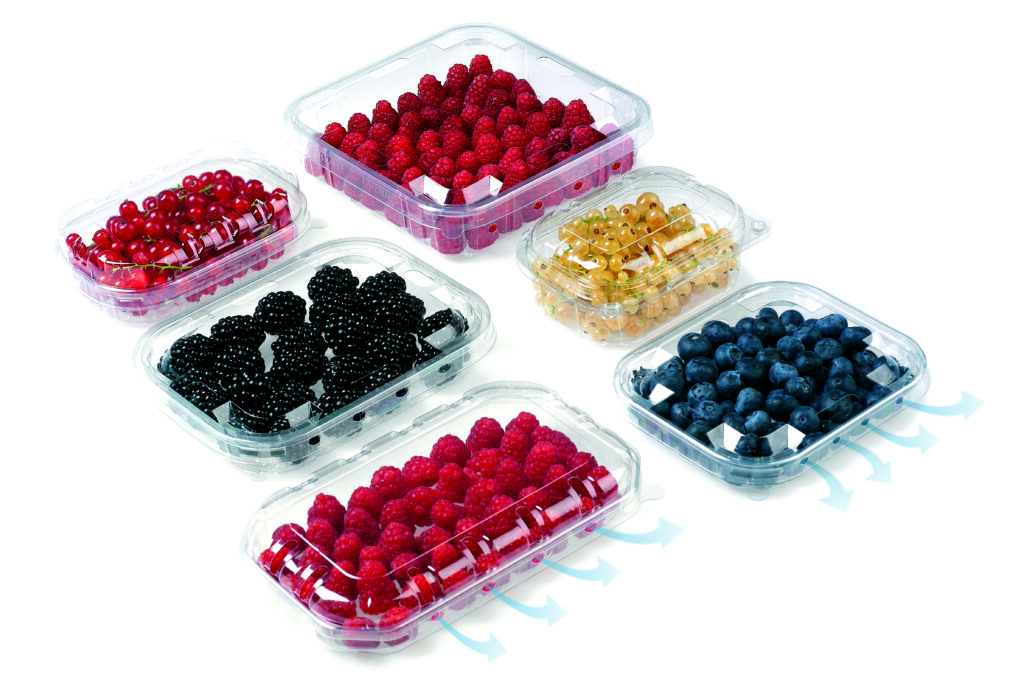
What exactly is R-PET?
Recycled plastic is a cost-neutral and more environmentally-friendly alternative to traditional packaging made from synthetic material. It is produced from PET bottles returned at the reverse vending machines. For this reason, R-PET is the abbreviation of “Recycled PET”.
During the recycling process, empty PET bottles are sorted, shredded into small flakes and cleaned with a mixture of hot water and soda. Afterwards, the flakes are cleaned once again during the in-house “Super Cleaning Process” approved by the European Food Safety Authority. Then, without any further intermediate steps, the flakes are processed into thermoforming film and finally, modern thermoforming machines produce the highly transparent packaging for fruit and vegetables made from 100 %* recycled PET.
What does this mean for the eco balance?
The great advantage of the production of R-PET packaging is that during the manufacturing process, several very energy-intensive steps can be skipped. This reduces the output of CO2 by saving more than three-quarters of the usual energy demand and two-thirds of the usual greenhouse gases. One of the reasons for these significant savings is the fact that much less oil needs to be processed into polymers.
Lorentzen & Sievers, in cooperation with INFIA, is rightfully proud of having reached the maximum of R-PET for their packaging. But this success does not stop them from continuing to look for more innovative and climate-friendly packaging – and from striving for the optimal solution for our climate.
* minimal deviations possible
Lorentzen & Sievers’ efforts support the following SDGs:
